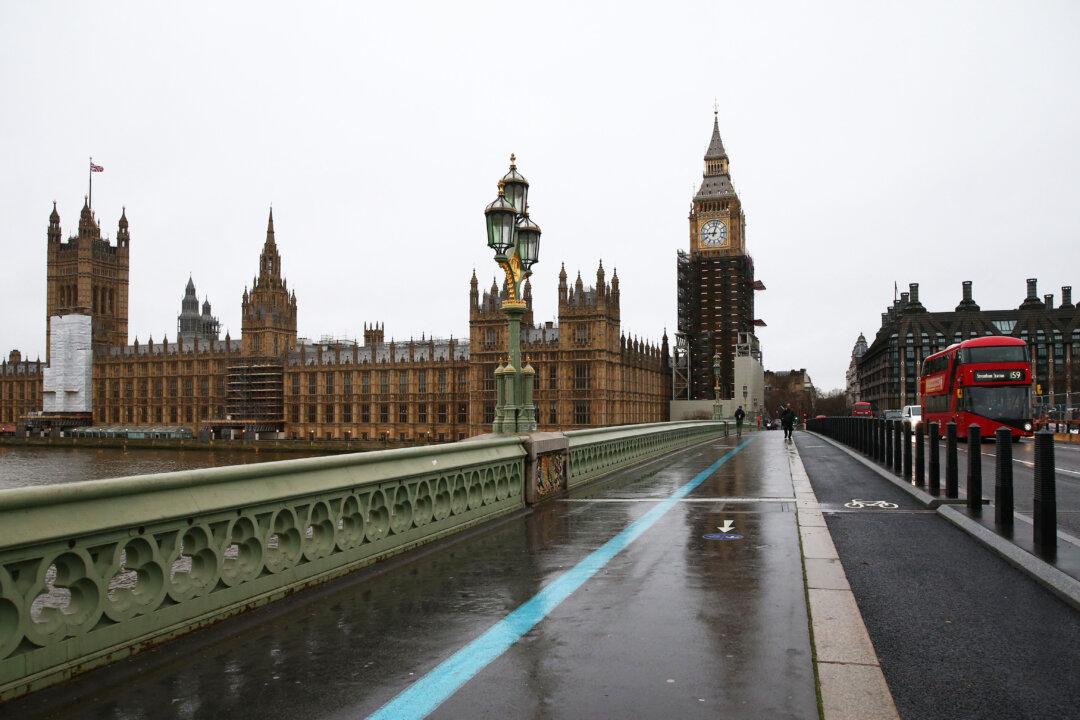The government has been urged to “get their act together” after failing to prosecute thousands of companies that have failed to comply with Britain’s new dirty money laws.
The revelation was made to MPs on Monday after business minister Kevin Holinrake faced questions over the new Register of Overseas Entities (ROE).





